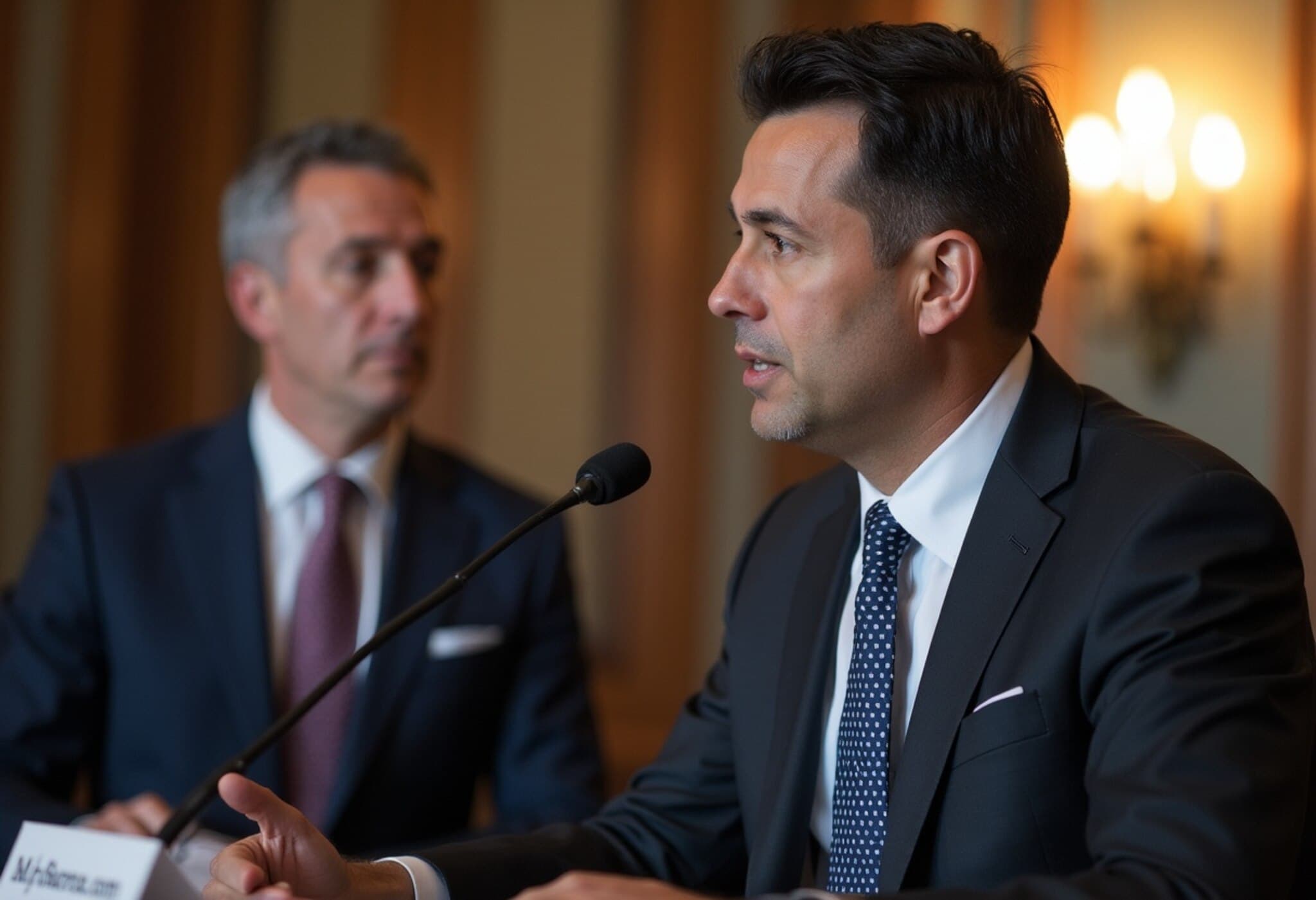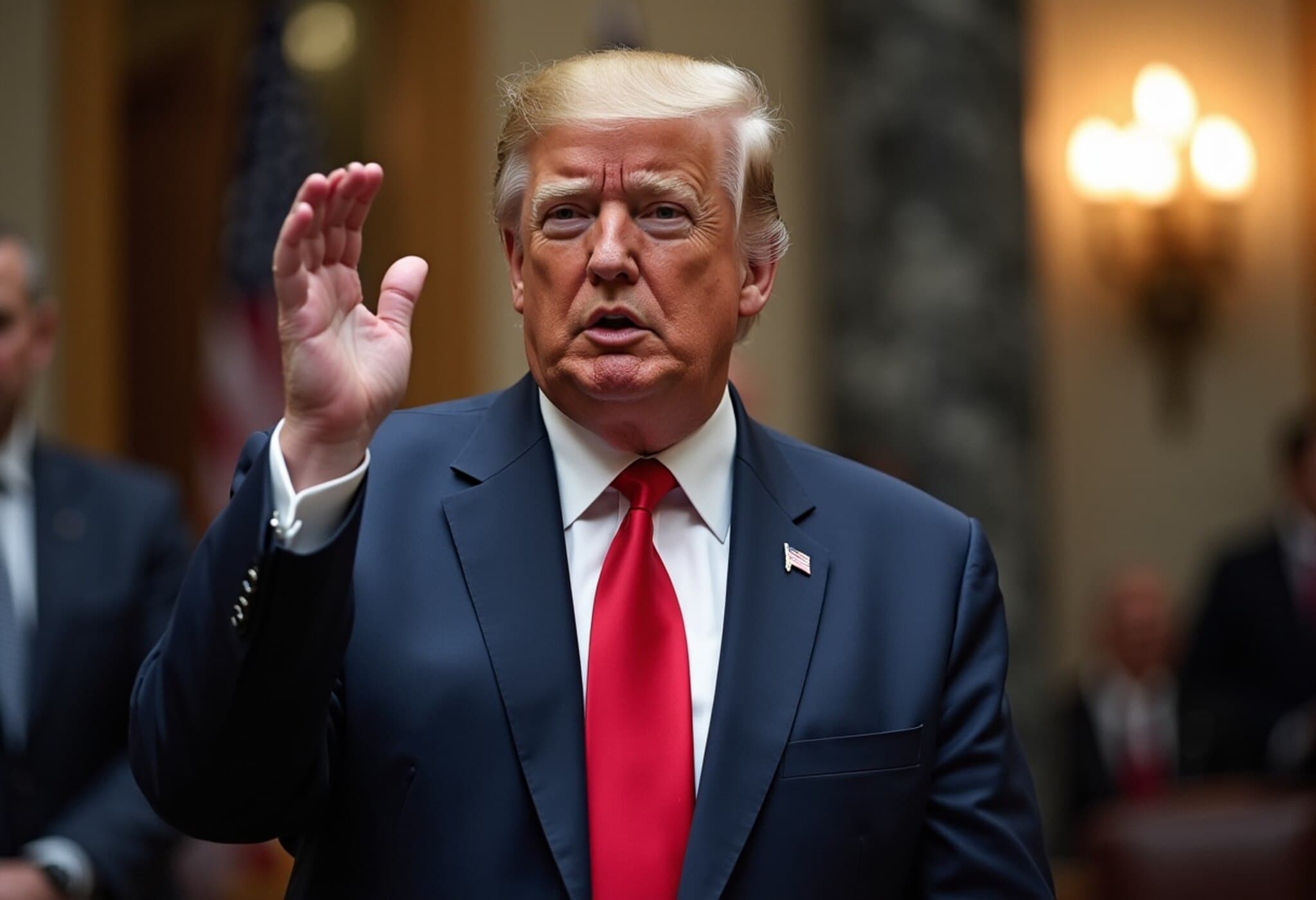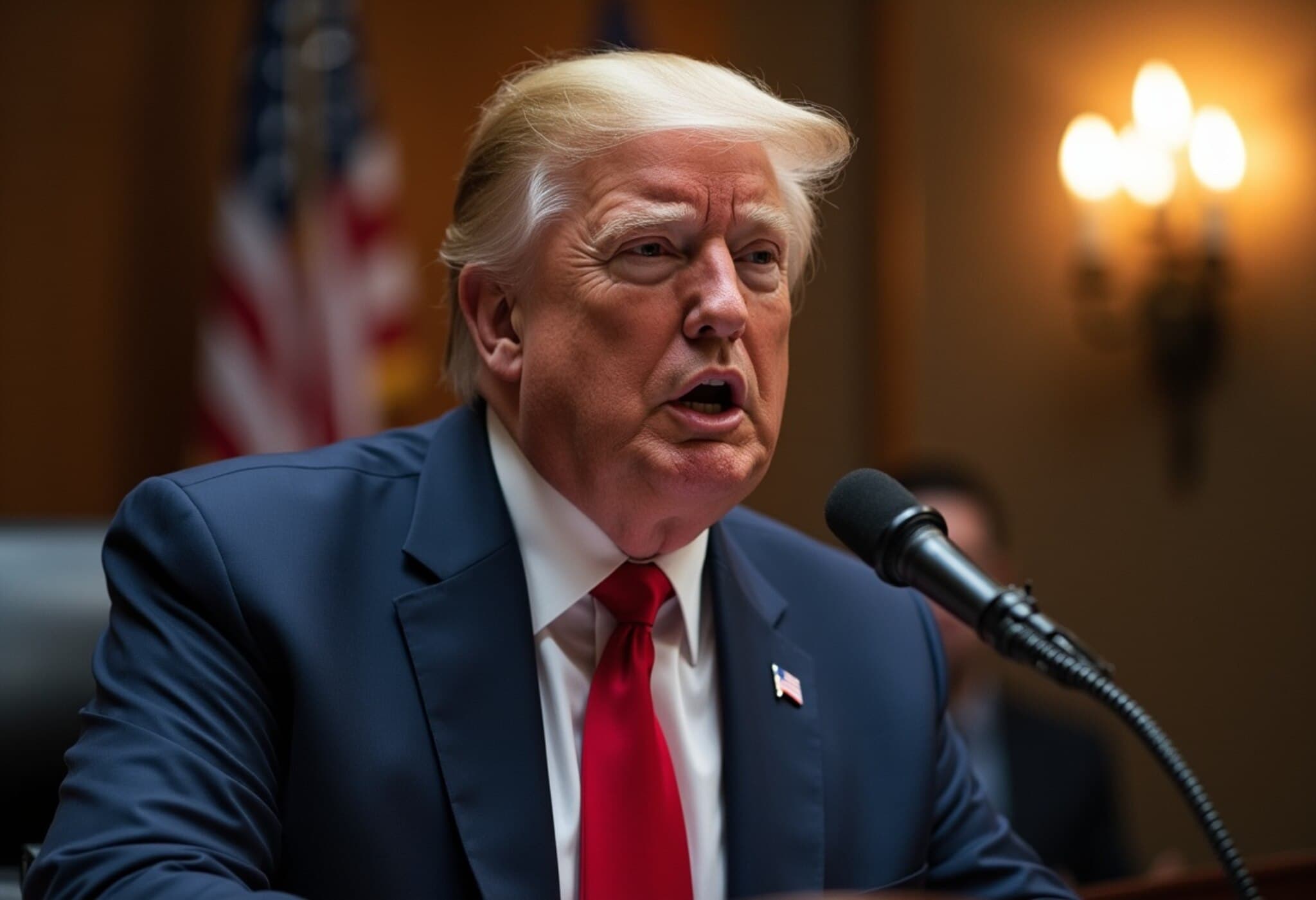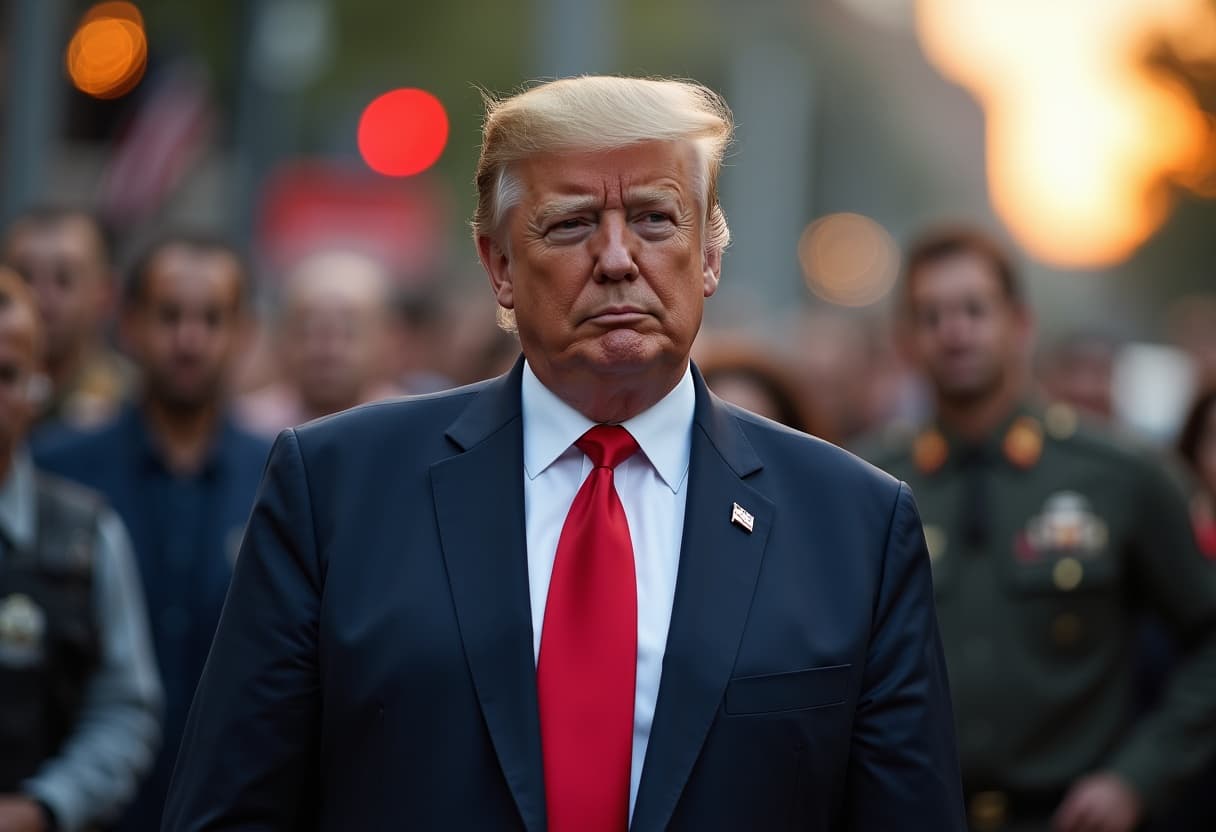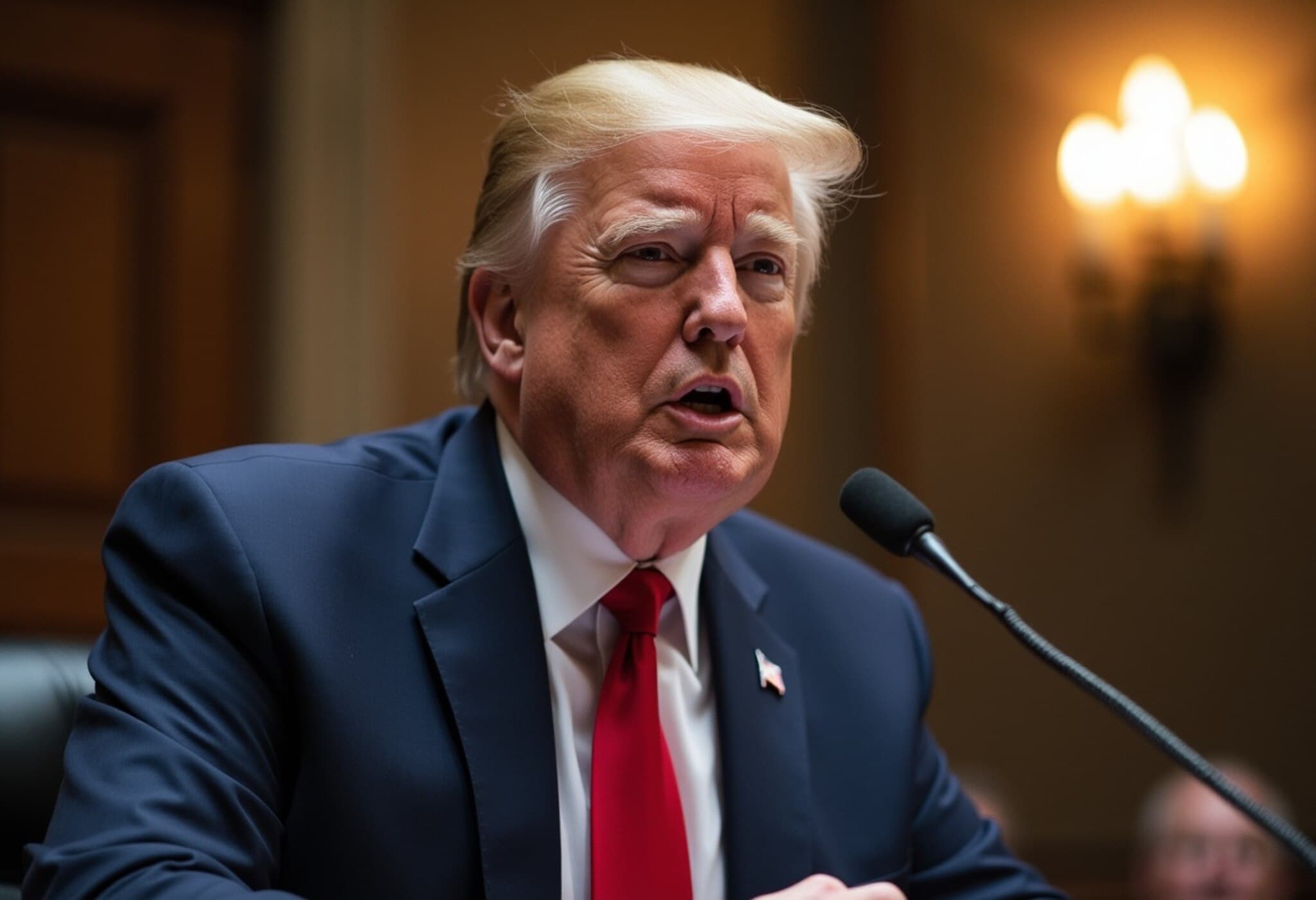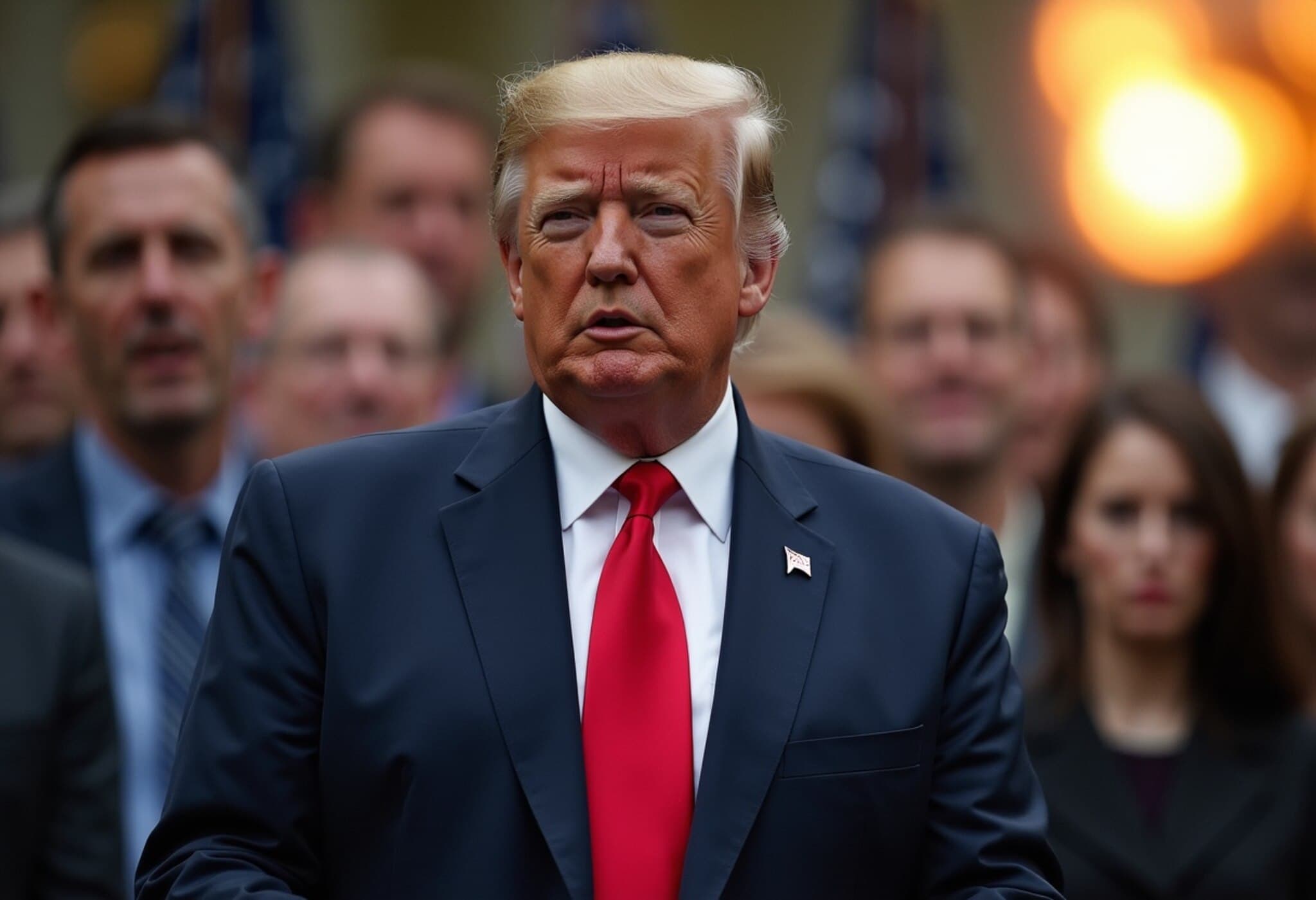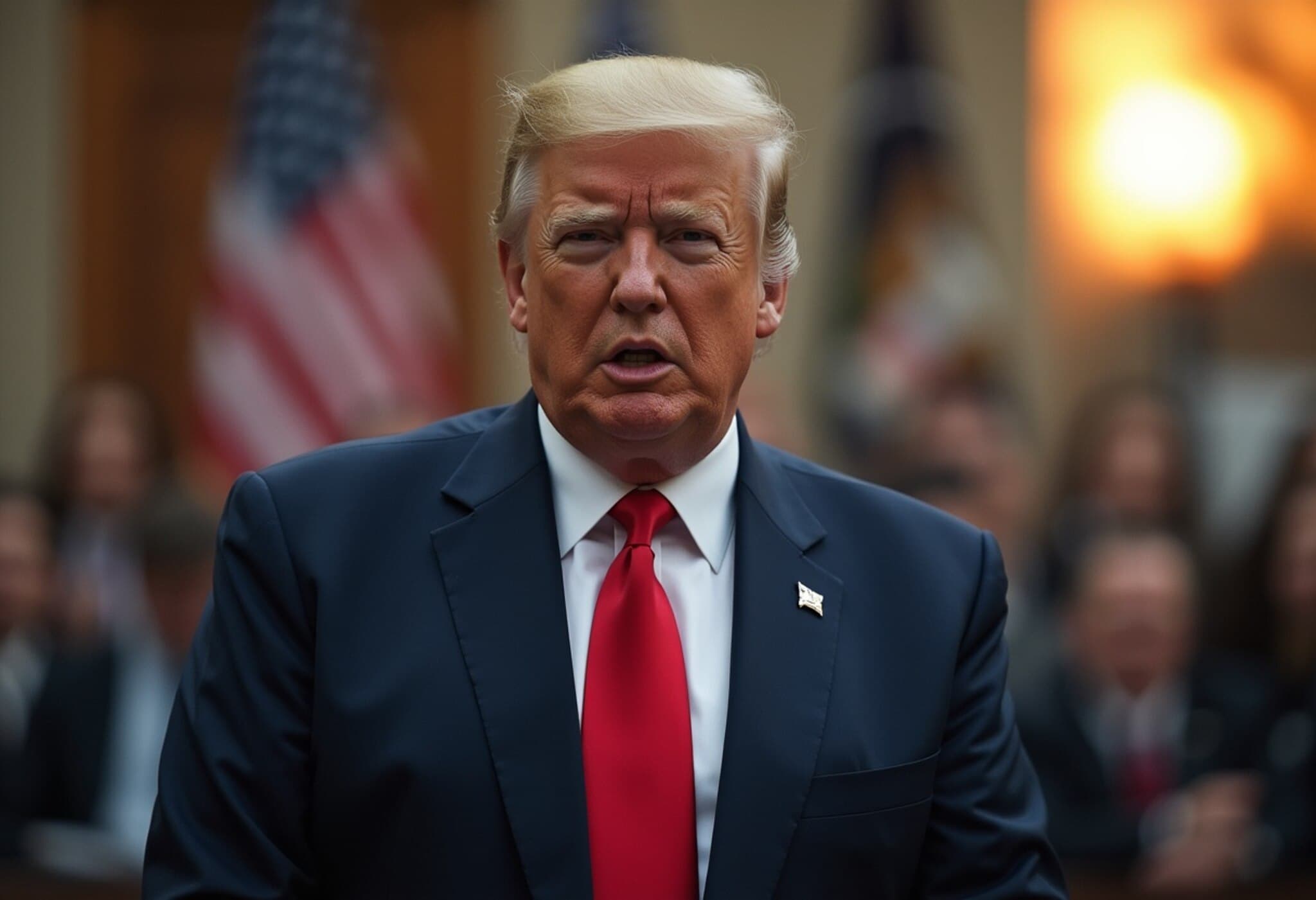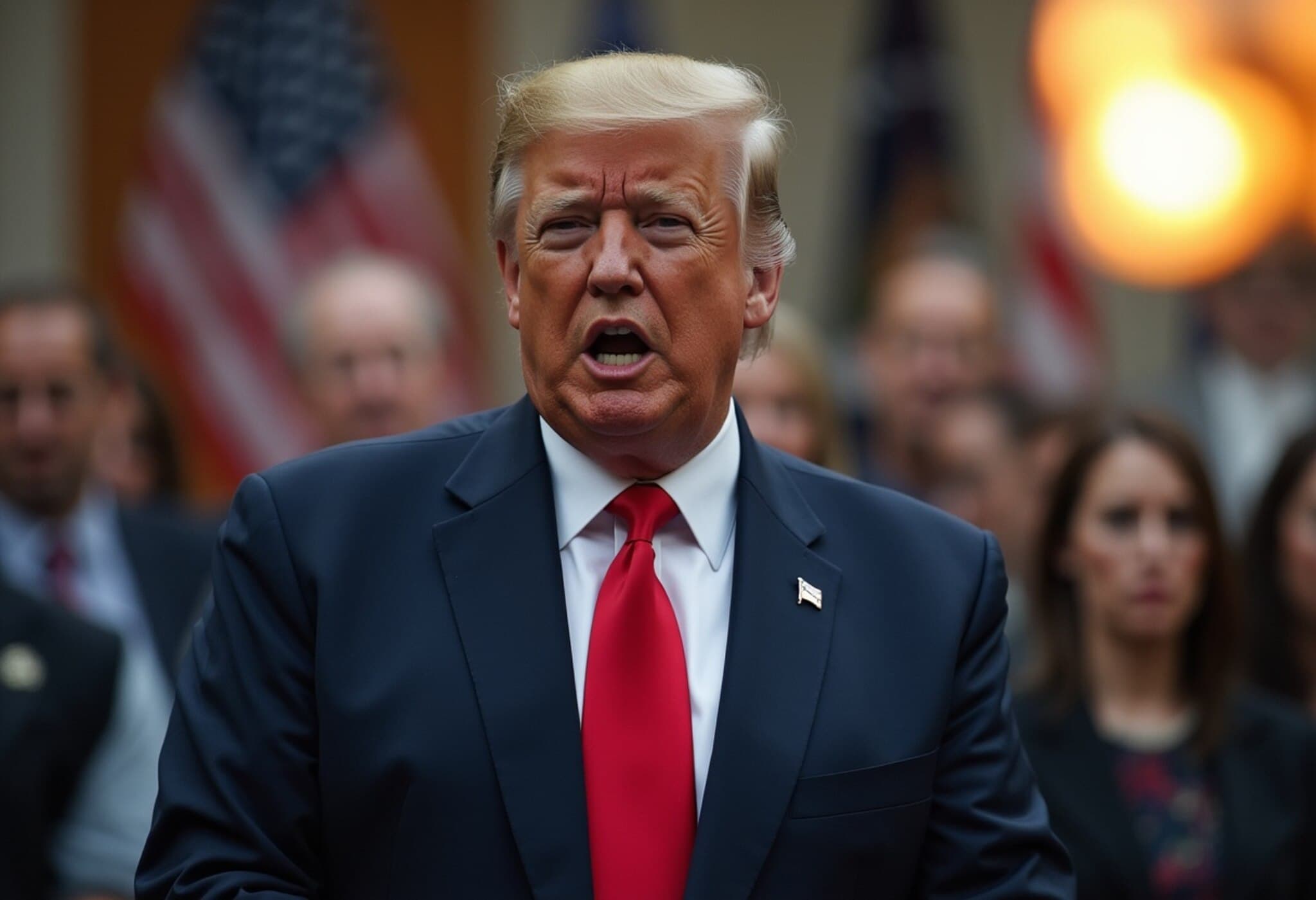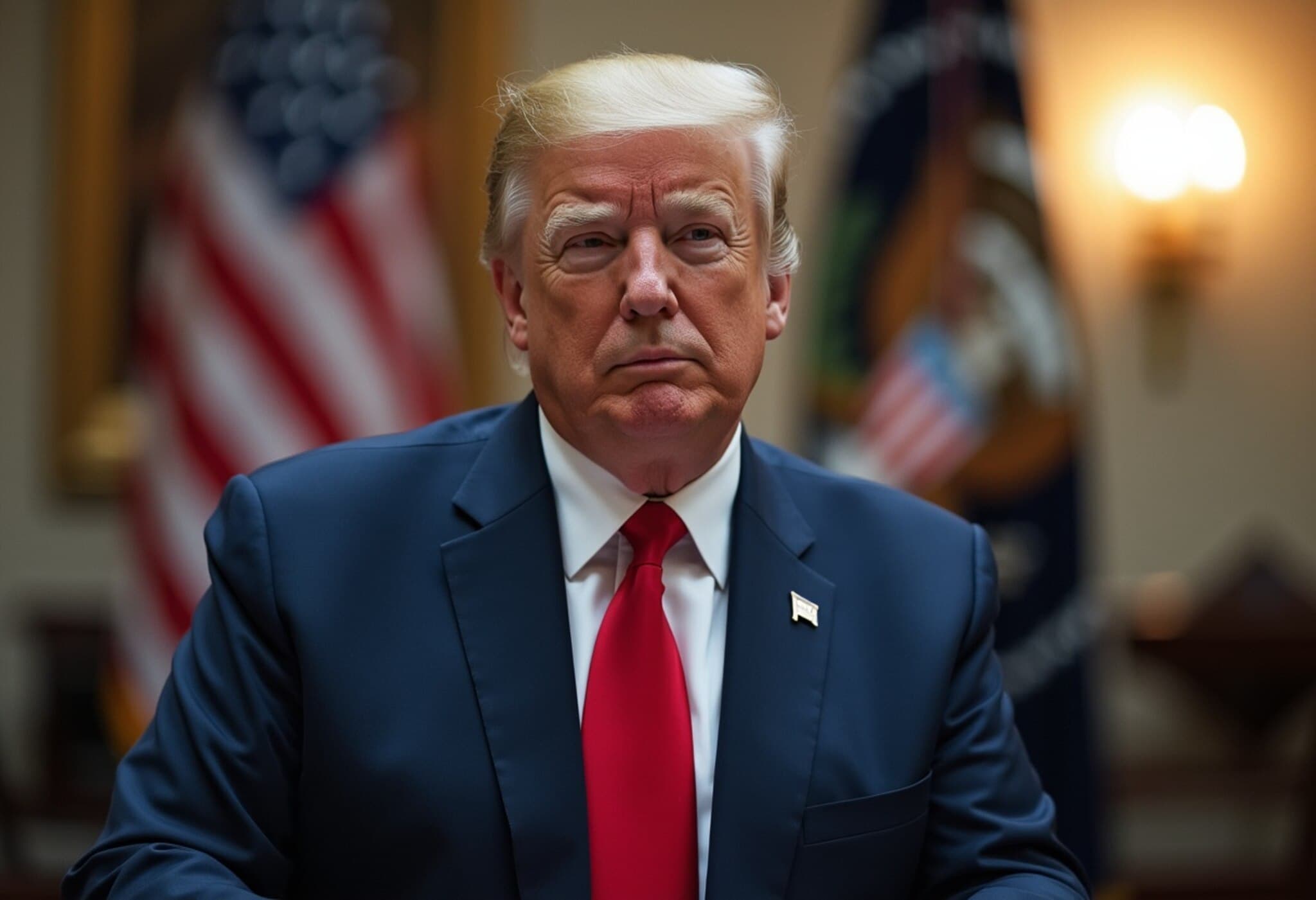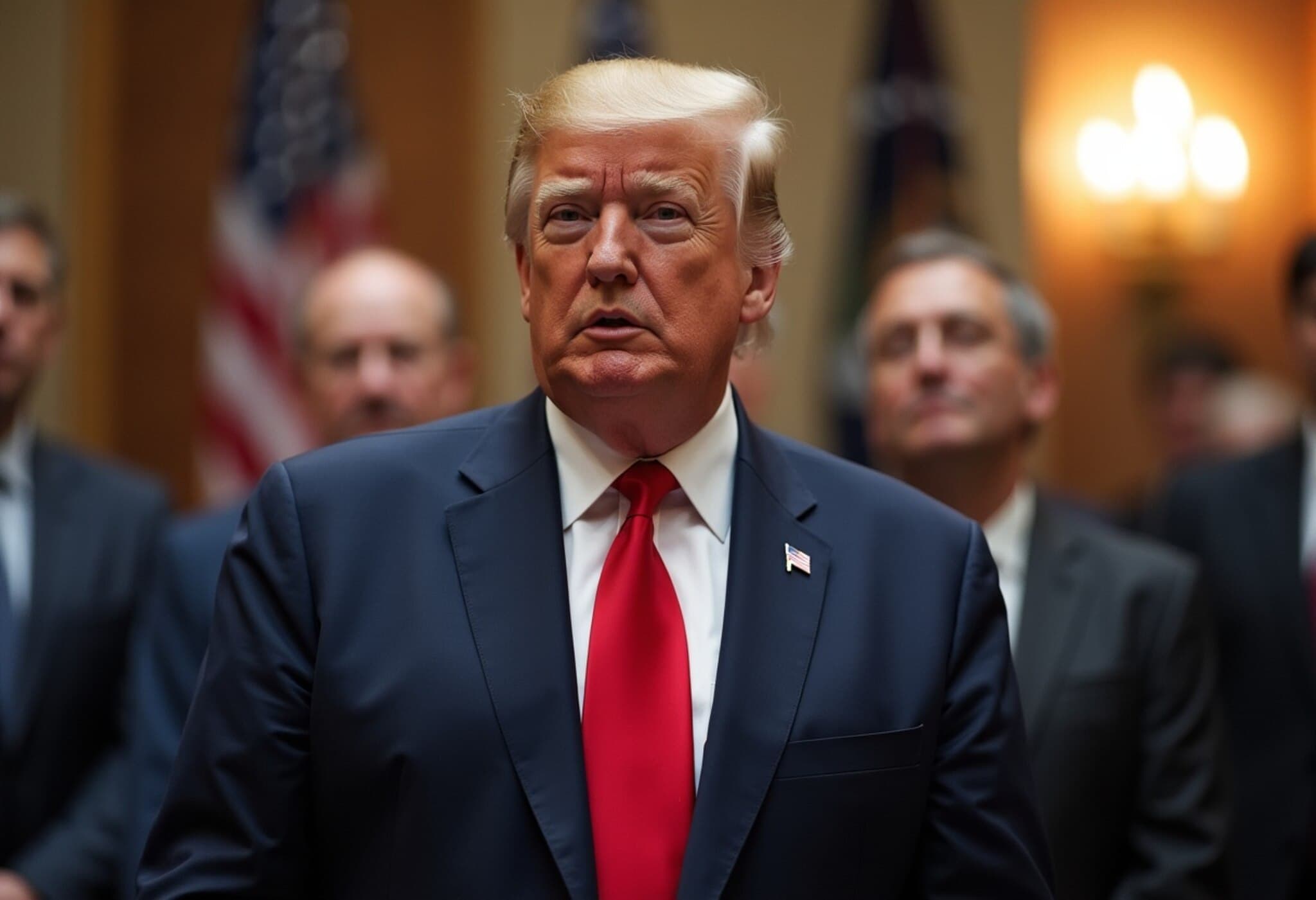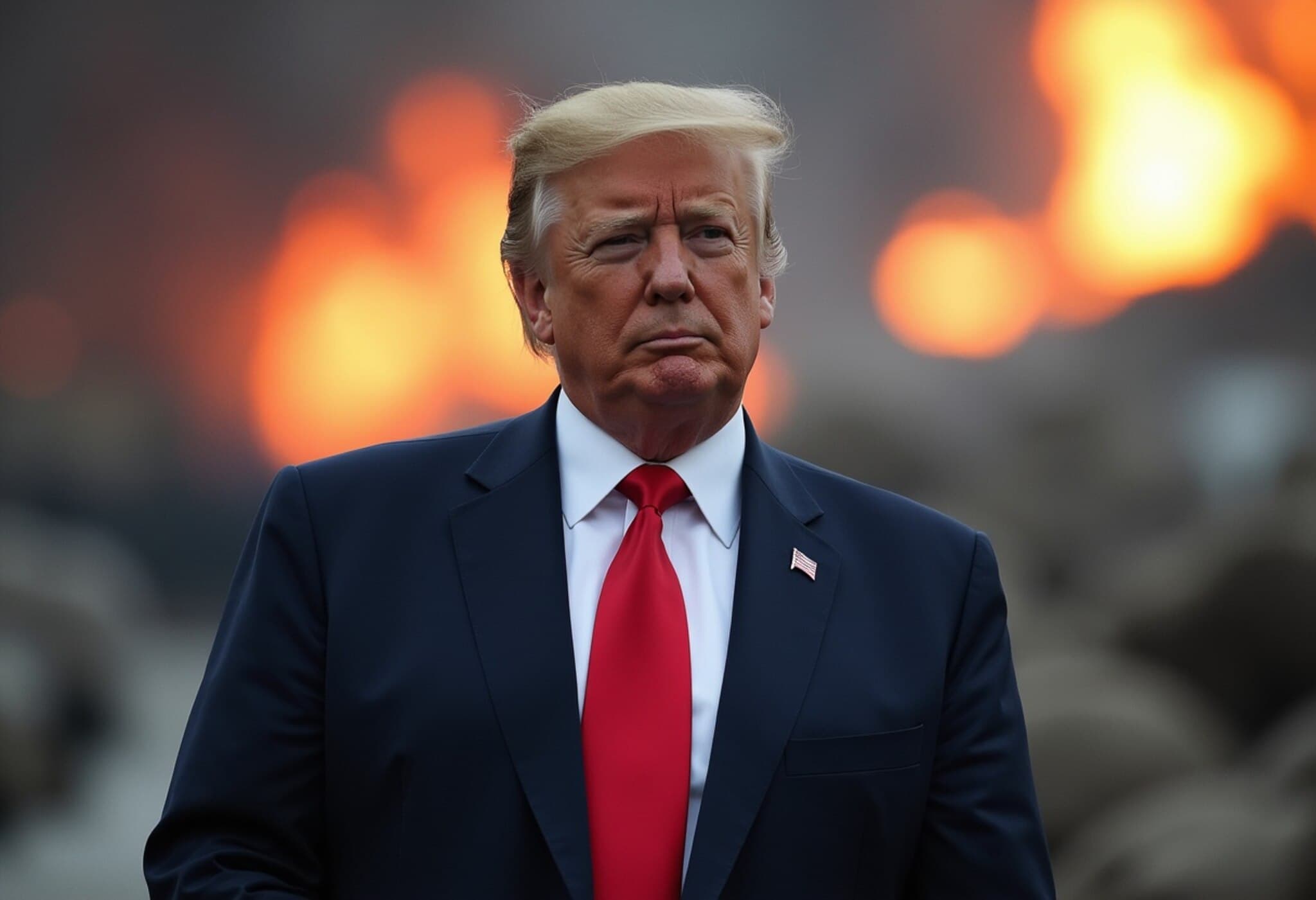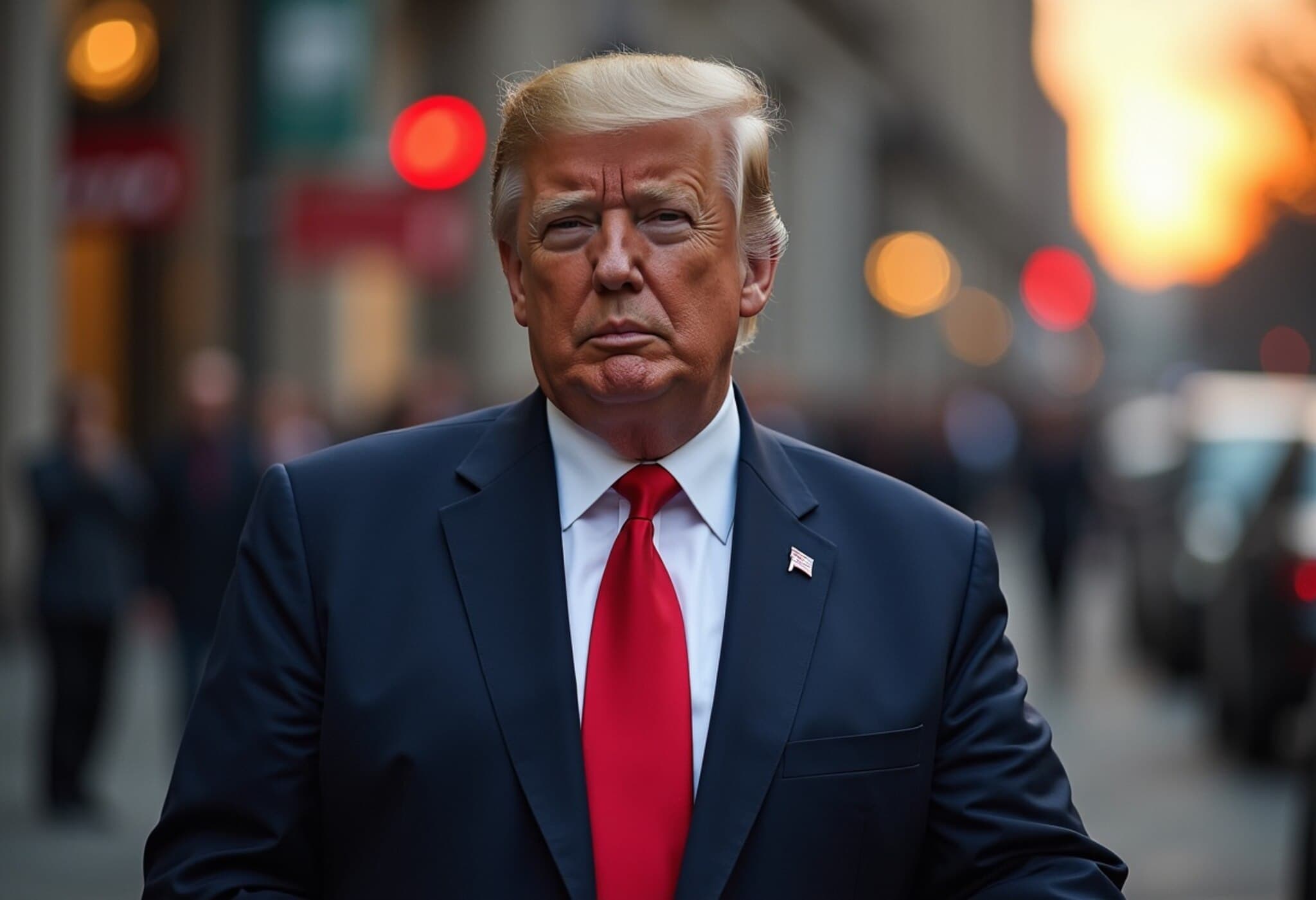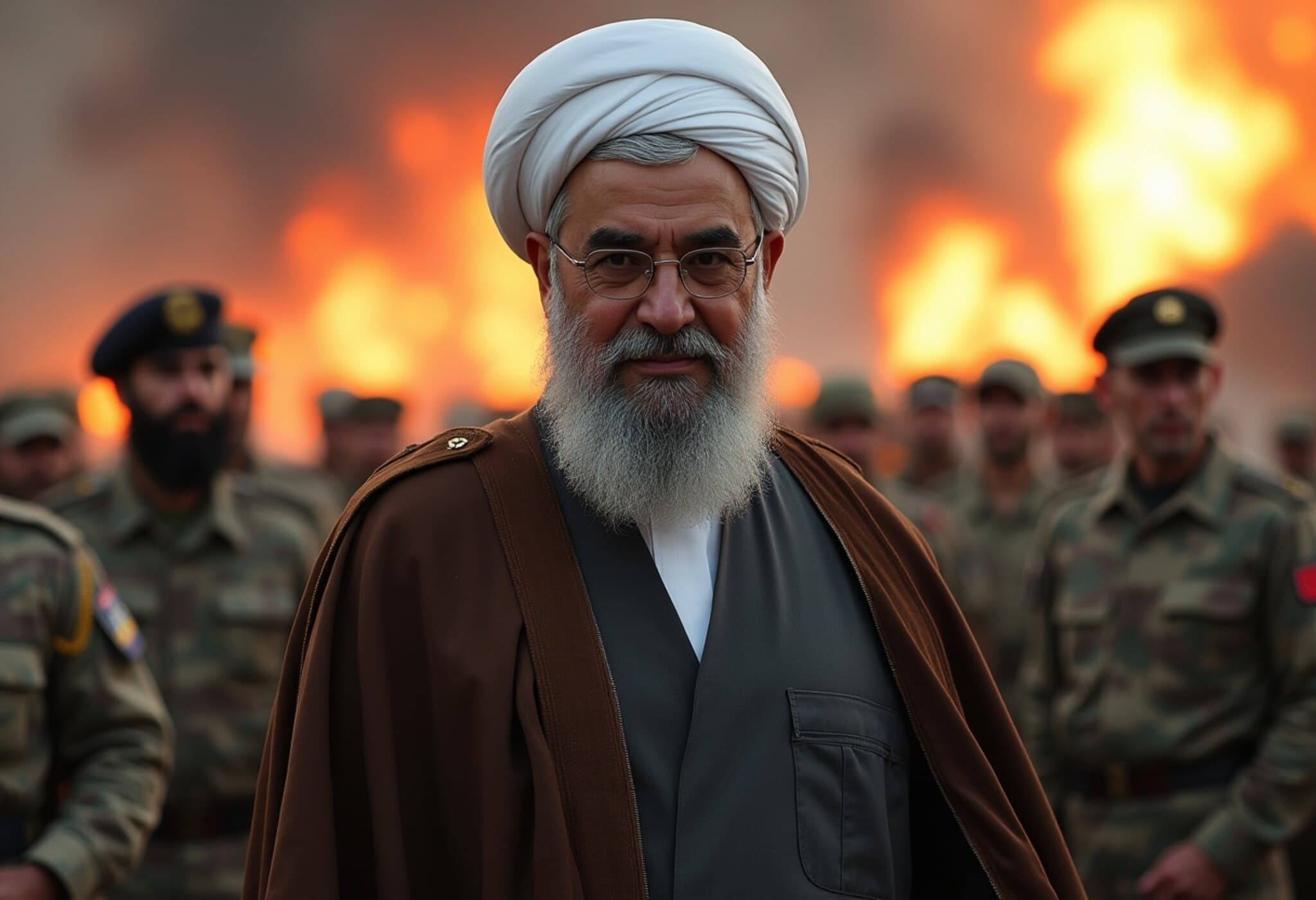Congressional Move Aims to Halt U.S. Military Action in Iran
A coalition of bipartisan House members is preparing to introduce a war powers resolution aimed at preventing U.S. military involvement in Iran amid escalating tensions between Tehran and Israel. Advocates of the resolution suggest they may force a vote to put the issue directly before the full House.
Key Lawmakers Lead The Charge
Representative Thomas Massie (R-Ky.), a vocal libertarian-leaning Republican famously opposed to foreign military interventions, announced plans on social media to unveil the resolution. Massie emphasized constitutional authority, stating, “This is not our war. But if it were, Congress must decide such matters according to our Constitution.” He invited all members of Congress to cosponsor the measure.
Joining him, Representative Ro Khanna (D-Calif.) committed to co-leading the resolution. Khanna noted it would be considered a privileged resolution, a classification that can bypass party leadership hurdles and compel a full House vote. In his statement, Khanna challenged fellow lawmakers: “No war in Iran. It’s time for every member to go on record. Are you with the neocons who led us into Iraq or do you stand with the American people?”
Growing Support From Across the Aisle
The initiative quickly attracted backing from several House Democrats. Representative Alexandria Ocasio-Cortez (D-N.Y.) publicly confirmed her support, while Representative Don Beyer (D-Va.) also expressed intent to sign on.
Current U.S. Posture on Iran and Israel Conflict
Despite the rising friction between Israel and Iran, the U.S. government remains cautious about direct military involvement. President Donald Trump has not dismissed the possibility of deploying U.S. military power to assist Israel against Iran, yet he continues to press Tehran on negotiations aimed at preventing it from acquiring nuclear weapons.
To date, the U.S. has provided Israel with missile defense support, while the Pentagon maintains that American forces are holding a defensive posture rather than engaging offensively.
Speaking aboard Air Force One, President Trump remarked, “We’re looking for better than a ceasefire” and expressed a desire for a definitive resolution with Iran “giving up entirely.”
What This Resolution Means
- War Powers Resolution: A legislative tool to limit the president’s ability to engage U.S. forces in hostilities without congressional approval.
- Bipartisan Backing: Support from both Republicans and Democrats may increase pressure on congressional leadership.
- Constitutional Emphasis: Highlights the role of Congress in decisions on war, in line with constitutional mandates.
This growing push reflects a broader skepticism about foreign military engagements and emphasizes congressional authority over decisions of war and peace. Whether the resolution will secure enough votes to pass remains to be seen, but it has already ignited a critical discussion over the United States’ role in the volatile Middle East region.

